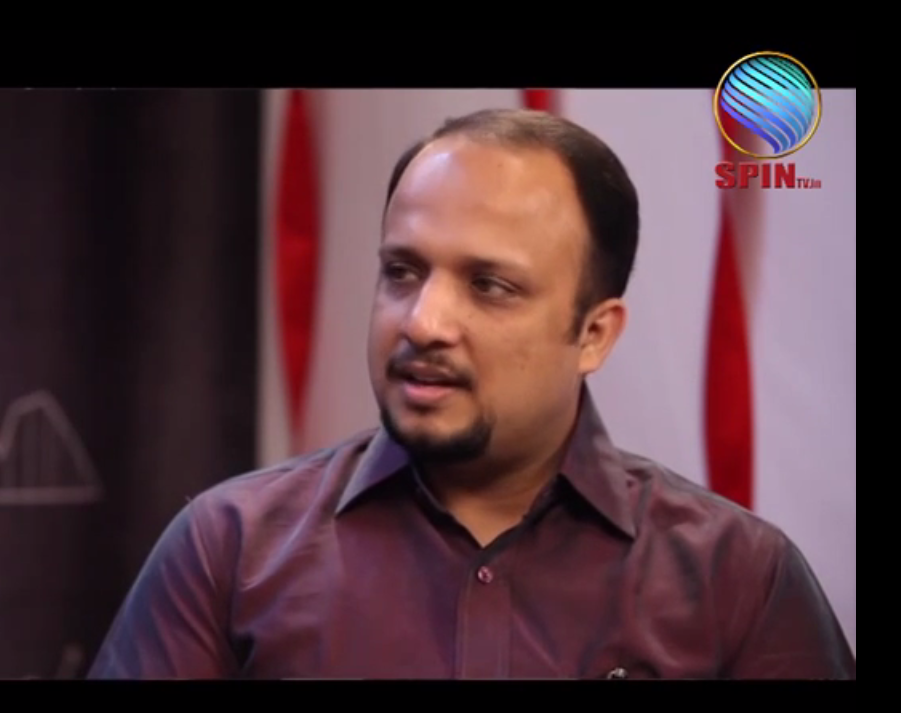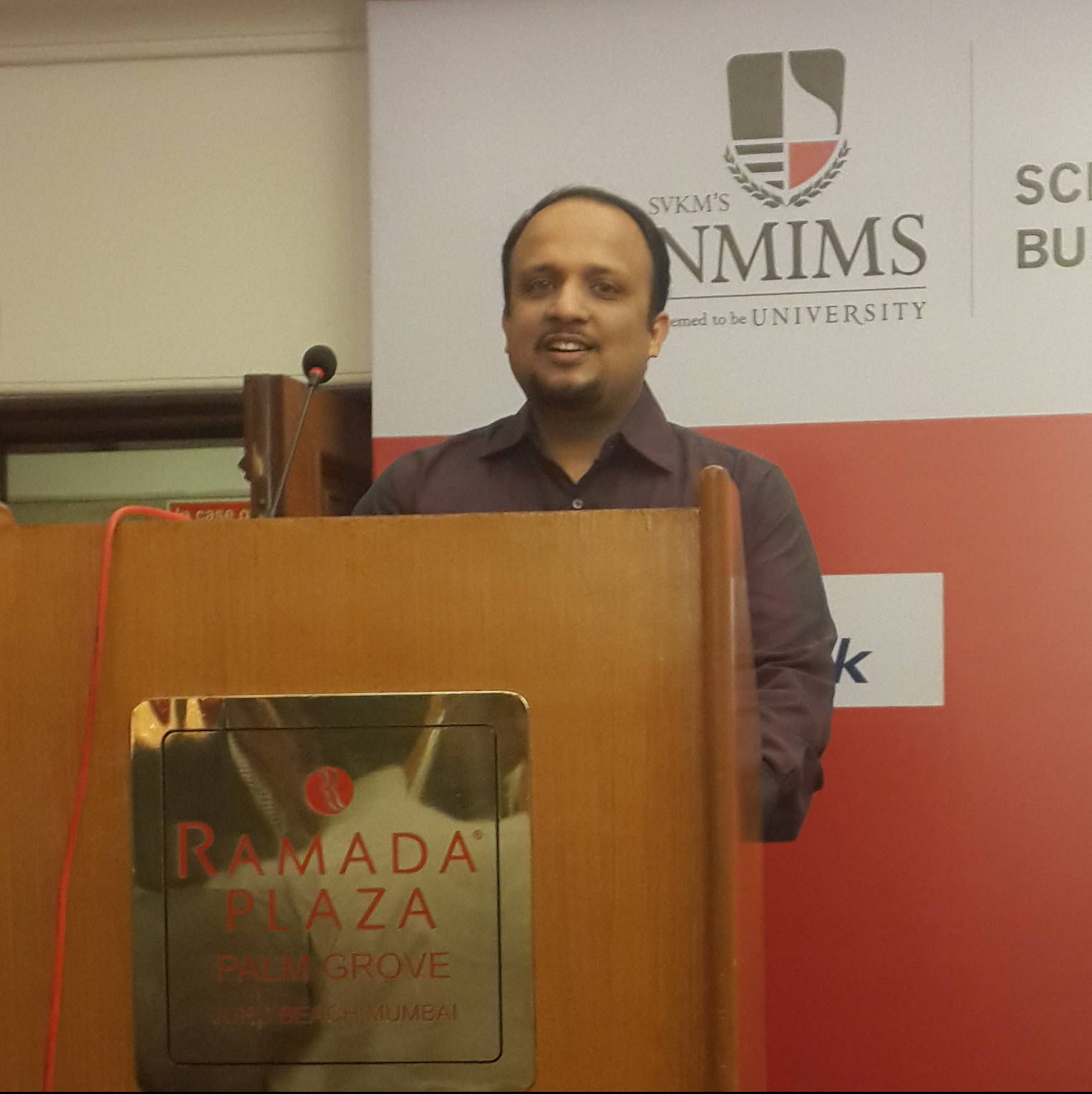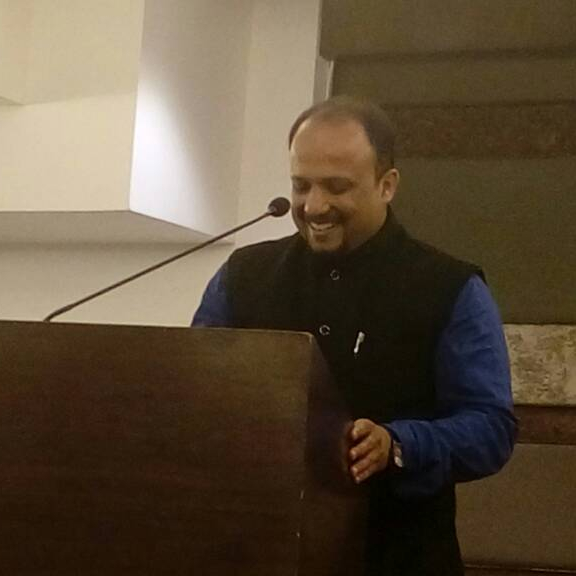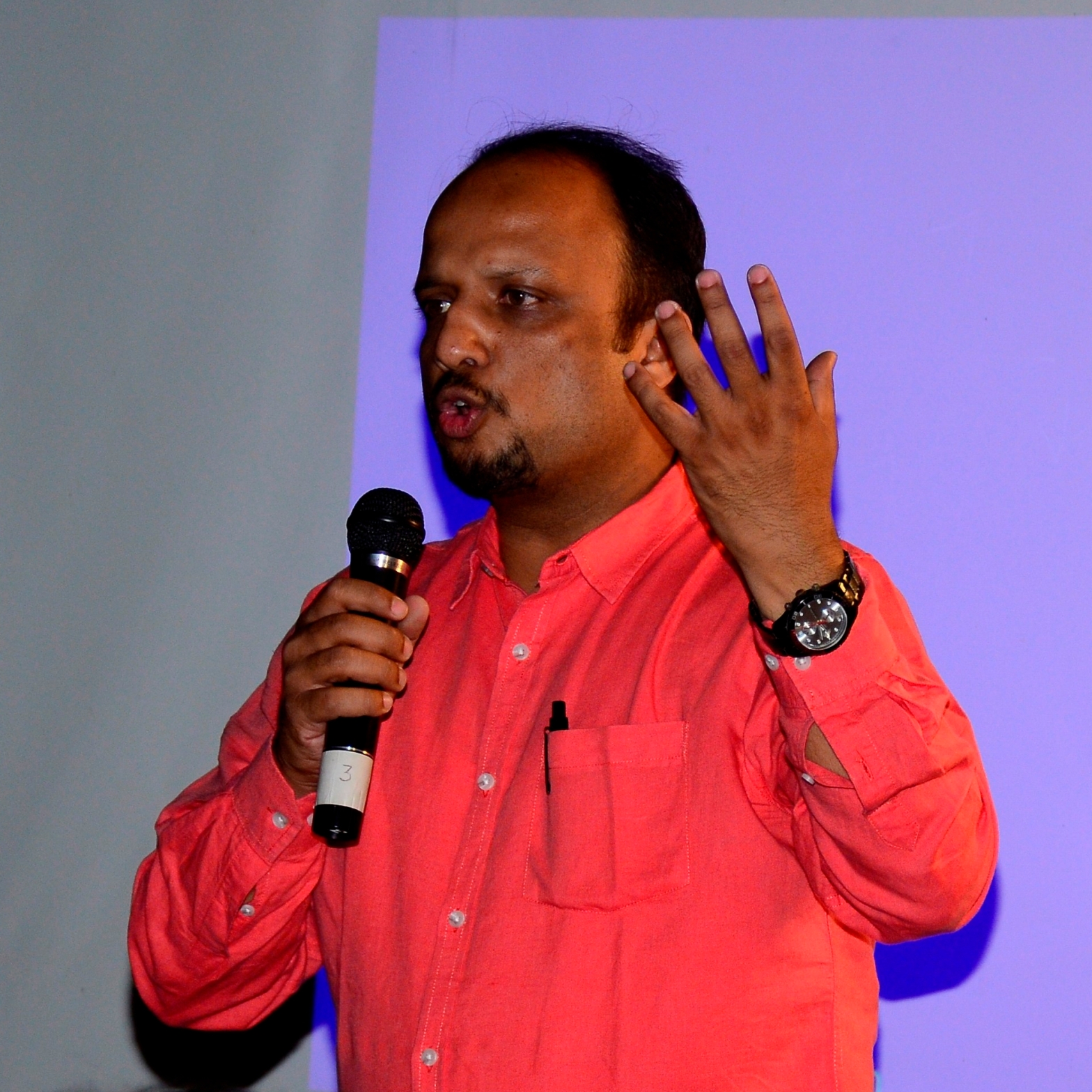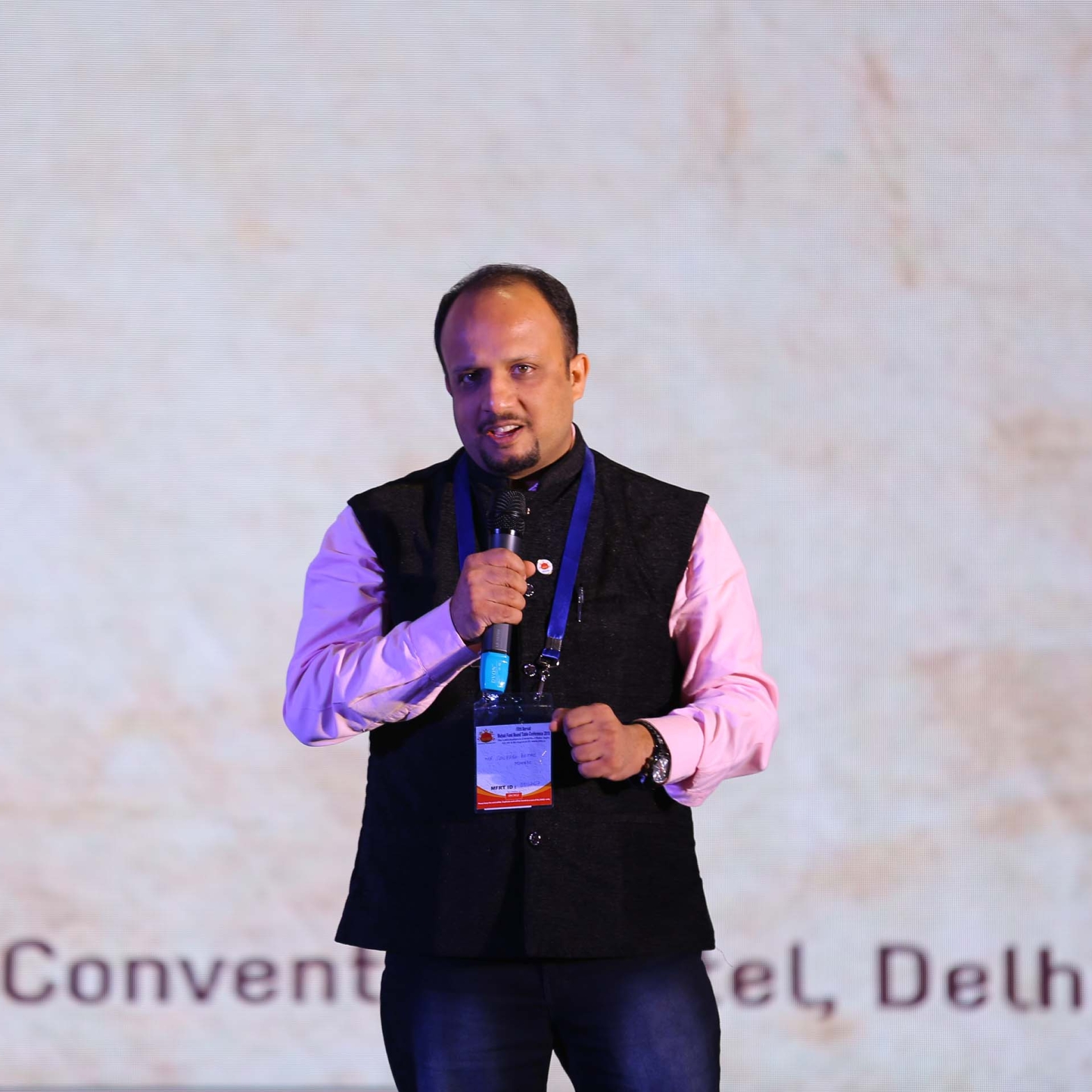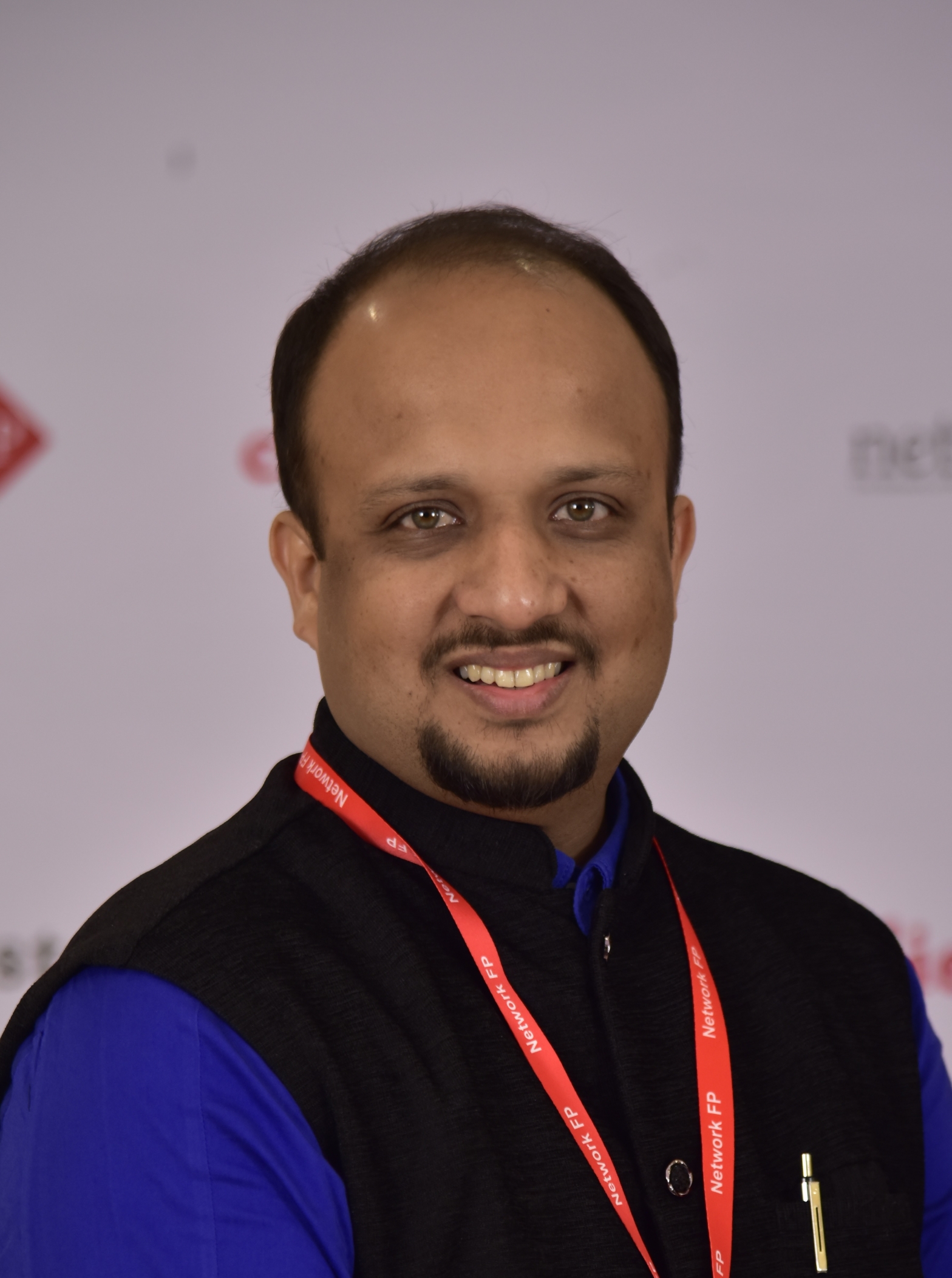We all want a Diversified Portfolio. But how do we add a silver lining to our portfolio ? This article explains beautifully..
“Similar” Does Not Mean “Same”
Similar Sounding Names create confusion in minds of new investors. This article can be helpful to understand better.
The Risk of Living Dead
I know the Title Sounds Scary (almost like a horror film). But this article could prove to be of utmost importance to almost all of us. In our Basic Financial planning, we mainly focus on 3 risks (Read on For More)
Why Most Start-ups Fail ?
We See a Large Number of Startups mushrooming everyday. But most of these Startups fail. Why So? Read On...
Johny Johny No Papa
What Parents Did in their Times, may not be Fully Relevant Today. You may have to go deeper before you blindly keep following the older methods.
Tu Doctor Hai Na ?
Imagine a Cab-Driver who keeps watching market movements while driving. Would you be comfortable riding in this car ? Eventually, he will be out of business. Imagine a Doctor who keeps doing intra-day trading while talking to his patients. Would you be comfortable getting treated by him ? Eventually, his patients will start looking forContinue reading "Tu Doctor Hai Na ?"
Whom Are You Punishing ?
Many A Times we get angry when things dont go our way. We want to Punish the Culprit. But are we really punishing them or someone else? Read On To Understand Better...
Markets at 47K !! What to Do??
Sensex Has Crossed 47k Levels. Almost everyone is confused what to do. This Article can help you clear your confusion.
तूने गर्वित किया है माँ
जन्म दिया , प्यार दिया, हर अच्छा संस्कार दिया, कदम कदम पर मुझको मार्ग-दर्शित किया है माँ कहत सौरभ, सौरभ को तूने गर्वित किया है माँ । बेटी, बहन, पत्नी, माँ, दादी हर किरदार तूने बखूबी निभाया है कितना खुशनसीब हूँ मैं, मुझपे तेरे आँचल की छाया है परिवार के हर सदस्य को तूने हर्षितContinue reading "तूने गर्वित किया है माँ"
Budget 2020 : What’s in it For Me ?
As soon as the budget is presented, We see a deluge of analyses and memes coming our way. However, readers of this blog know that we choose to wait for clarifications and finer details so that readers get the right perspective for themselves. A Large number of people were left confused because of the 2Continue reading "Budget 2020 : What’s in it For Me ?"



